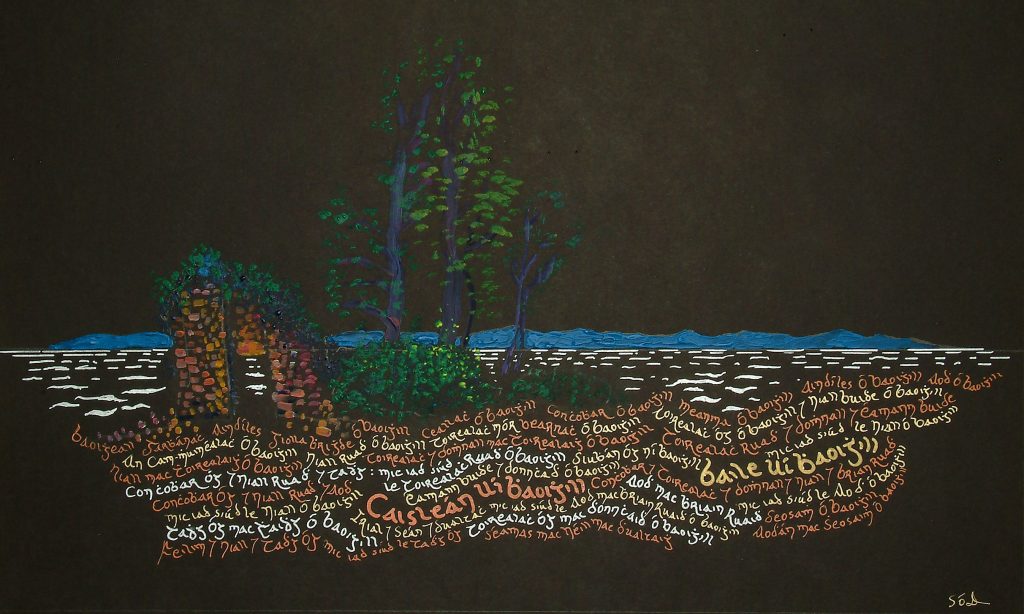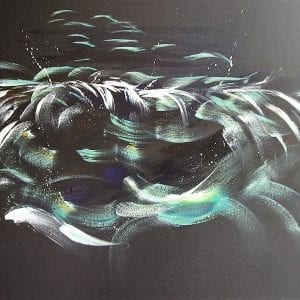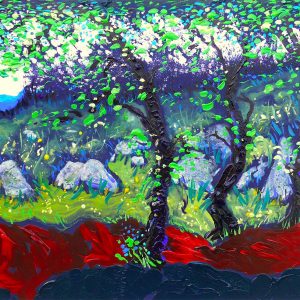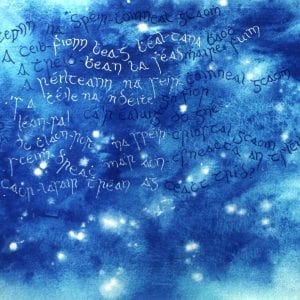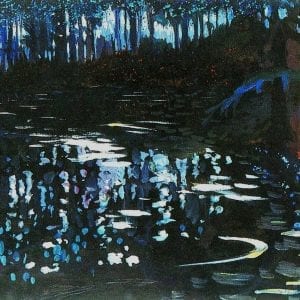Description
Baile Uí Bhaoighill [Ballyweel or Ballyboyle or Ball Hill] = O’ Boyle’s Homestead.
From “Donegal Annual”:
Ballyweel Here are the ruins of O’ Boyle’s castle on the edge of the sea, for here was the seat of the Chief of Boylagh Uachtarach just as Kiltoorish was the stronghold of Boylagh Íochtarach. Probably this keep was built in the 1400s like its Normanesque neighbours, the castles of Donegal and Ath Seanaigh, and was perhaps O’ Boyle’s answer in hard stone to the threat of the Connacht Mac Sweeneys, who had now partitioned in two the ancient realms of Boylagh. It is first mentioned by the Four Masters under the year 1440: “The castle of Ballyweel [Caisleán Bhaile Uí Bhaoighill] was taken by the son of Donal, who was the son of The O’ Donnell [Domhnall, son of Domhnall, son of Neachtain] at a time when he found it unguarded: and he found in it great spoils in money, apparel and armour. The same castle was again taken by The O’ Donnell [Aodh Rua I] and given back to The O’ Boyle: and the sons of Donal O’ Donnell were taken prisoners in it and kept in captivity by The O’ Donnell for their evil deeds.” The Four Masters in 1592 describe the castle thus: “a castle on the serrated edge of the harbour, two miles to the west of Donegal…the place belonged to O’ Boyle, the chosen leader of the race of Conall Gulbán”. By 1622 it was in ruins, having been granted to the planter Paul Gore who later moved to Magherabeg, near Donegal Town. In its time it was a place “where the ships of O’ Boyle used to ride the bay”.
Ballyweel’s Last Leader
The last reference by the Four Masters to Ballyweel and the O’Boyle is under the year 1607, the May before the Earls fled, when they recorded that “The O’ Boyle – Teig Og, son of Turlogh – died ar Drumark, near Ballyboyle, on the 3rd of May, and was buried in Donegal” This Teig Og, inaugurated chief of his name in 1588, fought under Red Hugh through the Nine Years’ War and was the father of the great Tir Chonaill leader of 1641, Turlogh Roe O’ Boyle of Kiltoorish. To this Teig too, Geoffrey [Mac Bhriain] Mac a’ Bháird addressed a poem in Gaelic, in which he praise the last chief of Ballyweel:
Deighfhear re ndlighim robháidh… Mac Máire mac Taidhg mheic Taidhg, Ua Coinn Doire as diol a mhairg, Plannda cuir ó bhraonghort Breag Far fhuin saordhacht mac Mileadh…
